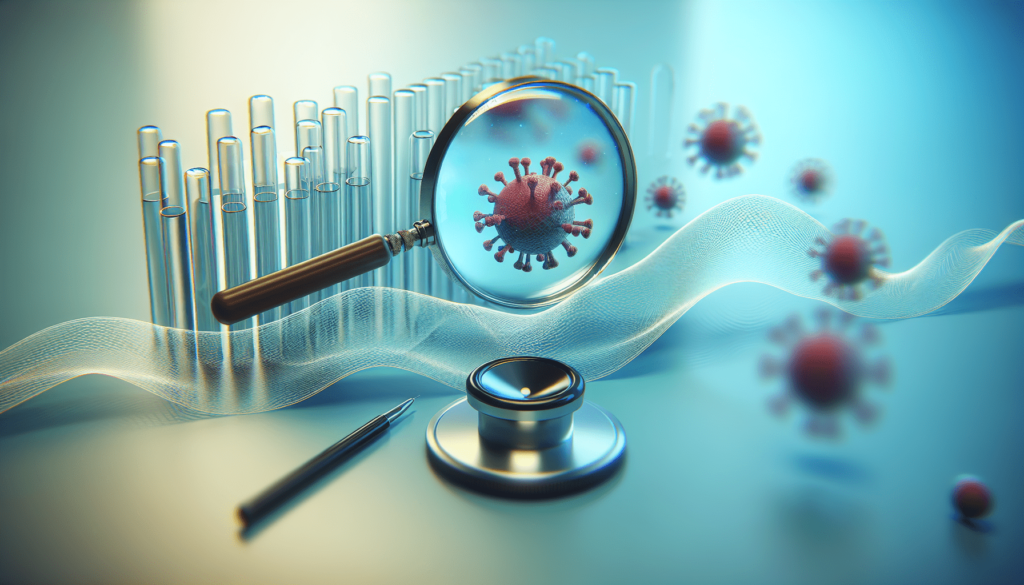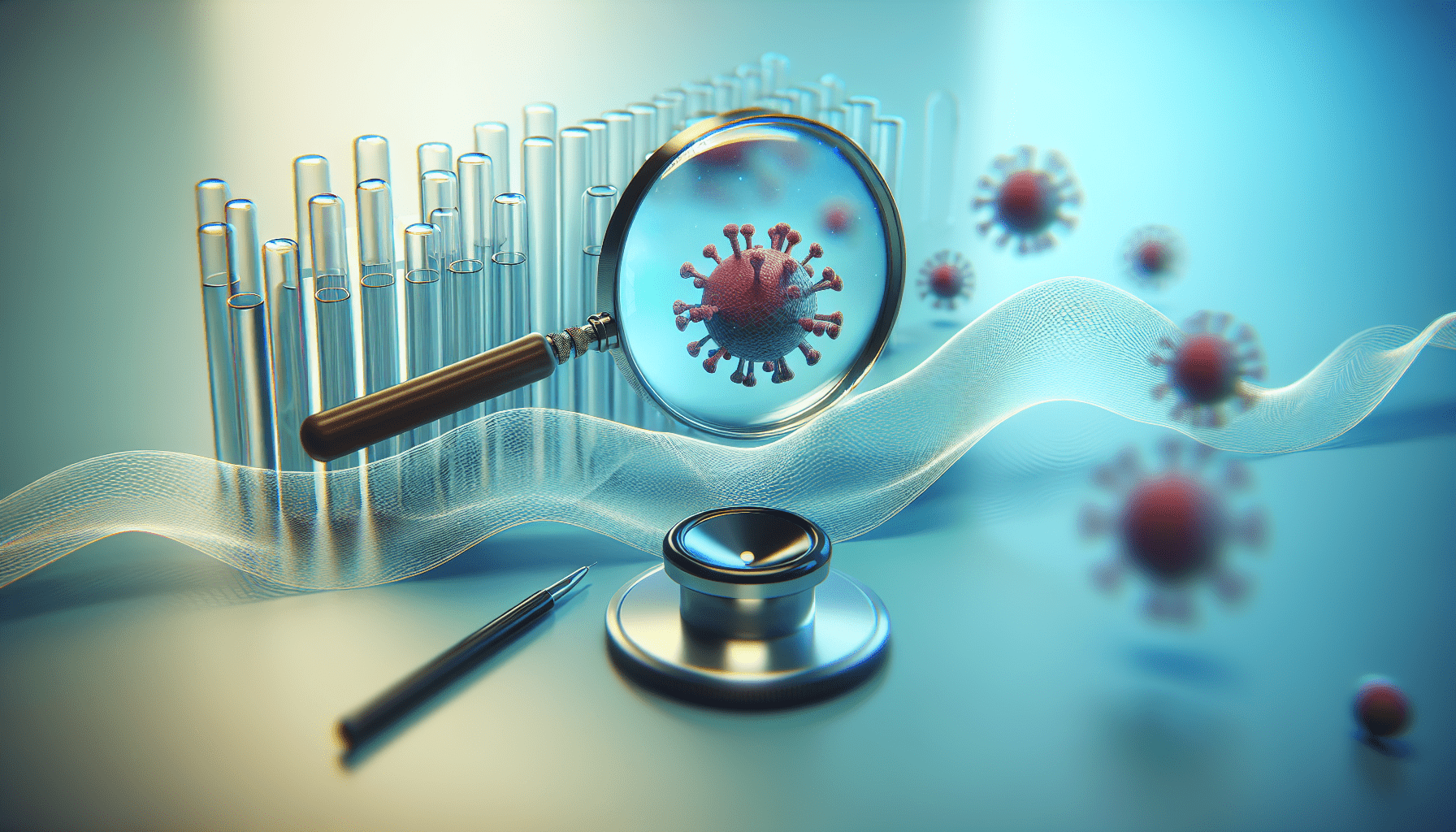K-Y Jelly Water Based Lube For Sex, Anal Lube, Non-Greasy Water Based Personal Lubricant, pH Friendly Sex Lube Can Be Used With Sex Toys For Women & Male Sex Toys, Condom Friendly Personal Lube, 4 OZ
$5.44 (as of May 18, 2024 12:13 GMT +00:00 - More infoProduct prices and availability are accurate as of the date/time indicated and are subject to change. Any price and availability information displayed on [relevant Amazon Site(s), as applicable] at the time of purchase will apply to the purchase of this product.)UpNature Peppermint Essential Oil Roll On - Morning Sickness Relief & Nausea Relief for Pregnant Women - Premium Quality Peppermint Oil Blend - Therapeutic Grade Pregnancy Essentials
$9.98 (as of May 18, 2024 12:13 GMT +00:00 - More infoProduct prices and availability are accurate as of the date/time indicated and are subject to change. Any price and availability information displayed on [relevant Amazon Site(s), as applicable] at the time of purchase will apply to the purchase of this product.)TROJAN EXTENDED PLEASURE Climax Control Extended Pleasure Condoms, 12 Count
$7.98 (as of May 18, 2024 12:13 GMT +00:00 - More infoProduct prices and availability are accurate as of the date/time indicated and are subject to change. Any price and availability information displayed on [relevant Amazon Site(s), as applicable] at the time of purchase will apply to the purchase of this product.)Imagine this scenario: you’ve recently met someone who makes your heart skip a beat every time you see them. You feel a deep connection, but before taking things any further, there is a crucial step you must take: getting tested for STDs. While it may be an uncomfortable topic to discuss, it is vital to prioritize your health and wellbeing. In this article, we will explore everything you need to know before getting tested for STDs – providing you with the knowledge and confidence to take control of your sexual health.
Types of STDs
Common types of STDs
When it comes to sexually transmitted diseases (STDs), there are several common types that everyone should be aware of. These include Chlamydia, Gonorrhea, Syphilis, HIV/AIDS, Genital Herpes, Human Papillomavirus (HPV), and Hepatitis B. Each of these infections has its own set of symptoms, transmission methods, and potential health consequences.
Symptoms of STDs
STDs can manifest in various ways, and their symptoms can vary greatly from one infection to another. Some infections may not present any noticeable symptoms, while others can cause discomfort, pain, or visible changes in the genital area. Common symptoms of STDs include genital sores, abnormal discharge, pain or burning during urination, itching, and swollen lymph nodes. However, it’s important to note that many STDs can be asymptomatic or have symptoms that mimic other common infections, so testing is crucial for accurate diagnosis.
Consequences of untreated STDs
If left untreated, STDs can lead to serious health consequences. For instance, untreated Chlamydia and Gonorrhea can result in pelvic inflammatory disease (PID), which can cause chronic pelvic pain and even infertility in women. Syphilis, if left untreated, can progress to the late stage and cause damage to the heart, brain, nerves, and other organs. Additionally, untreated HIV can lead to AIDS, a condition where the immune system is severely compromised, making the body susceptible to life-threatening infections and cancers.
Importance of early detection
Early detection of STDs is crucial for effective treatment and prevention of complications. By getting tested regularly, you can identify infections before they cause irreversible damage to your health. Early detection also helps in preventing the transmission of infections to sexual partners, which is essential for maintaining overall sexual health and wellbeing. It is recommended that individuals who are sexually active, or have engaged in high-risk behavior, get tested regularly to stay informed about their sexual health status.
Benefits of STD Testing
Detecting asymptomatic infections
Many individuals infected with STDs may not experience any symptoms, but they can still transmit the infection to others. This is why getting tested for STDs is essential, even if you feel perfectly healthy. Testing can detect asymptomatic infections, allowing for timely treatment and preventing further spread of the infection. Regular testing is particularly important for individuals with multiple sexual partners or those who engage in high-risk sexual activities.
Preventing transmission to partners
When you get tested for STDs, you not only protect yourself but also your sexual partners. By knowing your STD status, you can take appropriate precautions to prevent transmission. If you test positive for an STD, it is crucial to inform your partners so that they can also get tested and receive necessary treatment. Open communication about STD testing and status is an important aspect of maintaining healthy sexual relationships.
Protecting long-term health
Early STD testing can help identify infections before they cause long-term damage to your health. By detecting and treating infections promptly, you can prevent the development of complications, such as infertility, chronic pain, or other potential health risks associated with untreated STDs. Regular testing allows you to stay proactive in protecting your long-term sexual and overall health.
Reducing risk of complications
Testing for STDs can help identify infections that may lead to complications if left untreated. For example, early detection and treatment of Chlamydia can prevent the spread of infection to the reproductive organs, reducing the risk of pelvic inflammatory disease (PID) and its associated complications. Regular testing and prompt treatment are key in minimizing the potential risks and consequences of untreated STDs.

Testing Methods
Blood tests
Blood tests are commonly used to detect certain types of STDs, such as HIV, Syphilis, and Hepatitis B. These tests typically involve drawing a small sample of blood, which is then analyzed in a laboratory to check for markers or antibodies indicating the presence of the infection. Blood tests are highly accurate and can detect infections even before symptoms appear, making them an important tool in early detection and prevention.
Urine tests
Urine tests are a non-invasive method of STD testing that can be used to detect various infections, including Chlamydia and Gonorrhea. This testing method involves providing a urine sample, which is then tested for the presence of bacteria or other markers indicating the presence of the infection. Urine tests are convenient, painless, and can be easily performed at a healthcare facility or even at home with the help of testing kits.
Swab tests
Swab tests involve collecting a sample from the affected area using a swab, such as the genital area or the mouth. These samples are then examined in a laboratory to detect the presence of STDs, such as Herpes or certain types of HPV. Swab tests are particularly useful for diagnosing infections that primarily affect specific areas of the body.
Home testing kits
For those who prefer the convenience and privacy of testing at home, there are STD home testing kits available. These kits typically include self-collected samples, such as urine or swabs, and detailed instructions on how to collect the samples and interpret the results. It is important to choose reputable home testing kits and carefully follow the instructions provided to ensure accurate results.
When to Get Tested
After unprotected sex
If you have had unprotected sex, especially with a new partner or someone whose STD status is unknown, it is strongly recommended to get tested for STDs. Even if you and your partner feel perfectly healthy, there is a risk of infection. It is important to get tested to ensure your peace of mind and take appropriate actions if necessary.
Multiple sexual partners
Having multiple sexual partners increases the risk of contracting and spreading STDs. If you are sexually active with multiple partners, it is important to get tested regularly, even if you do not have any symptoms. Regular testing can help identify and treat any infections early, preventing further transmission to your partners and protecting your own health.
Change in sexual behavior
If you have recently made a change in your sexual behavior, such as engaging in risky sexual activities or starting a new relationship, it is advisable to get tested for STDs. Changes in your sexual behavior can increase your chances of exposure to infections, making it essential to stay informed about your sexual health status.
Preventive screening
Regular preventive screening is recommended for sexually active individuals, even in the absence of any symptoms or known risk factors. Preventive screening aims to detect infections early, leading to prompt treatment and prevention of further transmission. By getting tested regularly, you can stay proactive in protecting your sexual health and the health of your partners.

Preparation for Testing
Finding a reputable testing center
When preparing for STD testing, it is essential to find a reputable testing center. Look for healthcare facilities, clinics, or laboratories that specialize in STD testing and have a good reputation. You can ask for recommendations from healthcare providers, friends, or search for local resources online. Choosing a reputable testing center ensures accurate and reliable results.
Researching available testing methods
Before getting tested, it is helpful to research the available testing methods for STDs. Different infections may require specific tests, and understanding the options can help you make informed decisions about the type of testing you may require. Consult with healthcare professionals or conduct online research to familiarize yourself with the various testing methods and their accuracy.
Understanding the testing process
It is important to have a clear understanding of the testing process before getting tested for STDs. Each testing method may have its own specific procedures, such as providing a urine sample, blood draw, or swab collection. Knowing what to expect can help alleviate any anxiety or concerns you may have and ensure a smooth testing experience.
Following any specific instructions
Depending on the testing method or specific STDs being tested, there may be certain instructions to follow before the test. These instructions may include fasting before a blood test or refraining from urinating for a specified period of time before a urine test. It is important to carefully read and follow any instructions provided by the testing center to ensure accurate results.
Confidentiality and Privacy
Understanding HIPAA regulations
When it comes to STD testing, confidentiality and privacy are of utmost importance. Understanding the regulations set forth by the Health Insurance Portability and Accountability Act (HIPAA) is crucial. HIPAA ensures the privacy and security of your medical information, including your STD test results. Testing centers and healthcare providers must adhere to HIPAA regulations to protect your confidentiality.
Ensuring confidentiality of test results
Reputable testing centers prioritize the confidentiality of test results. They have strict protocols in place to protect your personal and medical information. Make sure to choose a testing facility that emphasizes confidentiality and has secure systems in place to safeguard your test results. This ensures that only you, or individuals you authorize, have access to your confidential test results.
Choice of anonymous testing
If you have concerns about confidentiality or privacy, some testing centers offer anonymous testing options. Anonymous testing allows you to get tested without providing personally identifiable information. This ensures an extra layer of privacy, and the test results are kept strictly confidential. Anonymous testing can be particularly useful for individuals who value their privacy or fear any potential stigma associated with STD testing.
Disclosure to sexual partners
While maintaining confidentiality is important, it is equally vital to disclose your STD status to sexual partners. Open and honest communication about STD testing and results is crucial for the health and safety of both partners. Discussing your status with potential partners builds trust and allows them to make informed decisions about their own sexual health. It is important to approach these conversations with compassion and understanding.
Cost and Insurance Coverage
Cost of STD testing
The cost of STD testing can vary depending on the specific tests performed and the testing center or healthcare facility. The prices can also vary based on whether you have insurance coverage or qualify for any financial assistance programs. It is important to inquire about the cost of testing beforehand and explore options for affordable testing in your area.
Health insurance coverage
Many health insurance plans cover at least a portion of the cost of STD testing. However, coverage varies depending on the insurance provider and the specific plan. Contact your insurance company to understand your coverage for STD testing. They can provide information on eligible testing centers, any required pre-authorization, and the extent to which the cost will be covered.
Public health clinics and free testing options
Public health clinics and community organizations often offer free or low-cost STD testing services. These clinics are dedicated to ensuring access to essential healthcare services, including STD testing, for everyone. Research local public health clinics or reach out to community organizations to inquire about free or reduced-cost testing options that may be available to you.
Payment and financial assistance programs
If you do not have health insurance or are unable to afford the cost of testing, there are payment and financial assistance programs available. Some testing centers may offer sliding-scale fees based on your income, while others may have programs in place to help individuals with financial constraints. Research local resources and inquire with testing centers about any available payment options or financial assistance programs.
Interpreting Test Results
Understanding test accuracy and limitations
It is important to understand the accuracy and limitations of STD test results. While tests are designed to be highly accurate, false-positive or false-negative results can occur. False-positive results indicate that you may be diagnosed with an STD when you are actually not infected, while false-negative results indicate that you may test negative for an infection even if you are infected. Consult with healthcare professionals to understand the accuracy and limitations of the specific tests you have undergone.
Different result types (positive, negative, inconclusive)
STD test results can be classified into three main types: positive, negative, or inconclusive. A positive result means that the test has detected the presence of an STD. A negative result indicates that the test did not detect any signs of infection. An inconclusive result means that the test was unable to provide a definitive result and may require additional testing or follow-up.
Consulting with healthcare professionals
Understanding your test results can be overwhelming, which is why it is important to consult with healthcare professionals. They can explain the implications of your results, provide guidance on necessary treatment, and address any concerns or questions you may have. Healthcare professionals are trained to interpret test results accurately and can help you navigate the next steps in managing your sexual health.
Follow-up testing and treatment
Depending on the test results, follow-up testing or treatment may be necessary. For instance, a positive result for an STD may require further testing to determine the extent of the infection or to guide appropriate treatment options. In the case of a negative result, healthcare professionals may recommend periodic testing or counseling to ensure continued sexual health. Follow any recommendations provided by healthcare professionals to ensure comprehensive care.
Disclosure and Partner Notification
The importance of honesty and communication
Honesty and open communication are vital when it comes to disclosing your STD status to sexual partners. It can be a difficult conversation, but it is necessary for the health and wellbeing of both you and your partners. Discussing your status allows for informed decision-making and enables partners to take appropriate precautions, such as getting tested or practicing safe sex.
Legal obligations for partner notification
In some jurisdictions, there may be legal obligations for partner notification if you test positive for certain STDs. These laws vary by location and infection, so it is important to familiarize yourself with the regulations in your area. Partner notification laws aim to prevent the further spread of STDs by ensuring that individuals who may have been exposed to the infection are informed and can seek appropriate testing and treatment.
Anonymous disclosure options
For individuals who prefer to disclose their STD status anonymously, there may be options available. Some public health departments or community organizations offer anonymous partner notification services, where a trained professional will notify your partners without disclosing your identity. Anonymous disclosure can be a useful tool for increasing partner notification rates and reducing the stigma associated with STDs.
Support resources for partner notification
Going through the process of partner notification can be emotionally challenging. It is essential to seek support from friends, family, or support organizations that specialize in sexual health. These resources can provide guidance, emotional support, and advice on how to approach partner notification conversations. Remember that you are not alone, and there are resources available to help you navigate this process.
Preventing STDs
Safe sex practices
Practicing safe sex is crucial for preventing the transmission of STDs. This includes using barrier methods, such as condoms or dental dams, consistently and correctly. Safe sex practices also involve open communication with sexual partners about STDs, testing, and any potential risks. By practicing safe sex, you can significantly reduce the chances of contracting or spreading STDs.
Effective use of barriers and contraception
Barrier methods, such as condoms, help prevent the transmission of STDs by creating a physical barrier between partners. It is important to use barriers consistently and correctly to ensure maximum effectiveness. Additionally, utilizing contraception methods, such as birth control pills or intrauterine devices (IUDs), can help prevent unintended pregnancies while also providing a secondary layer of protection against certain STDs.
Vaccinations for certain STDs
Vaccinations are available for certain STDs, such as Hepatitis B and HPV. These vaccines are highly effective in preventing the targeted infections and reducing the risk of associated complications. It is important to consult with healthcare professionals to determine if you are eligible for these vaccines and to discuss the benefits and potential side effects.
Regular testing and open communication
Regular STD testing, even in the absence of symptoms or known risk factors, is essential for maintaining sexual health. By getting tested regularly, you can detect infections early and prevent further transmission. Open communication with sexual partners about STD testing, results, and safer sex practices fosters a healthy and responsible approach to sexual relationships. Regular testing and open communication are integral parts of preventing the spread of STDs.
In conclusion, STD testing is a vital component of maintaining sexual health. Understanding the common types of STDs, their symptoms, and the consequences of untreated infections is crucial for individuals to take control of their health. The benefits of STD testing, such as detecting asymptomatic infections, preventing transmission, protecting long-term health, and reducing the risk of complications, highlight the importance of regular testing. By familiarizing yourself with the different testing methods, knowing when to get tested, and preparing for the testing process, you can ensure a smooth and confidential experience. It is essential to respect and prioritize confidentiality and privacy in the testing process, while also acknowledging the importance of disclosure to sexual partners. Understanding the costs and coverage options, interpreting test results accurately, and engaging in partner notification when necessary are all key elements of responsible sexual health management. Preventing STDs through safe sex practices, effective use of barriers, vaccinations, and regular testing, combined with open communication, empowers individuals to protect themselves and their sexual partners. Remember, your sexual health is important, and STD testing is a valuable tool in maintaining a healthy and fulfilling sexual life.









